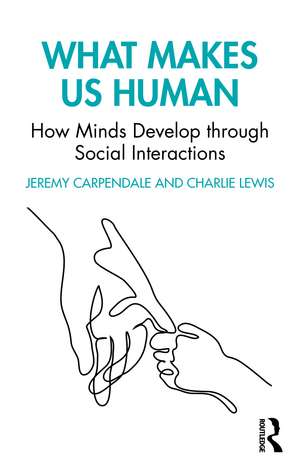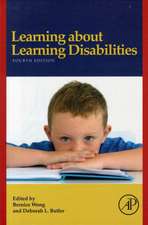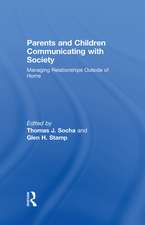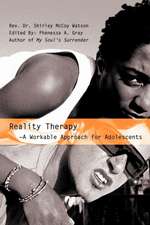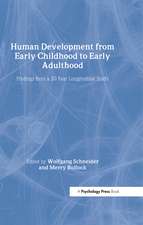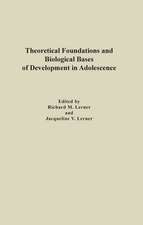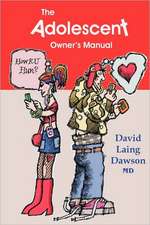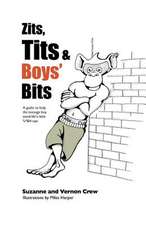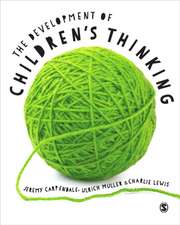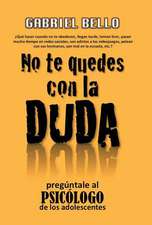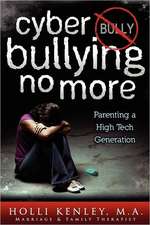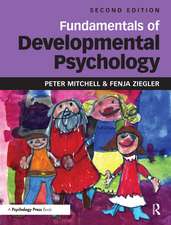What Makes Us Human: How Minds Develop through Social Interactions
Autor Jeremy Carpendale, Charlie Lewisen Limba Engleză Paperback – 22 dec 2020
Richly illustrated with examples, including questions and anecdotes from their own children, they bring theories and research on children’s development alive. The accessible prose shepherds readers through scientific and philosophical debates, translating complex theories and concepts for psychologists and non-psychologists alike. What Makes Us Human is a compelling introduction to current debates about the processes through which minds are constructed within relationships.
Challenging claims that aspects of thinking are inborn, Jeremy Carpendale and Charlie Lewis provide a relationally grounded way of understanding human development by showing how the uniquely human capacities of language, thinking, and morality develop in children through social processes. They explain the emergence of communication within the rich network of relationships in which babies develop. Language is an extension of this earlier communication, gradually also becoming a tool for thinking that can be applied to understanding others and morality. Learning more about the development of what is right in front of us, such as babies’ actions developing into communicative gestures, leads to both greater appreciation of the children in our lives and a grasp of what makes us human.
This book will be of interest to anyone curious about the nature of language, thinking, and morality, including students, parents, teachers, and professionals working with children.
| Toate formatele și edițiile | Preț | Express |
|---|---|---|
| Paperback (1) | 206.02 lei 6-8 săpt. | |
| Taylor & Francis – 22 dec 2020 | 206.02 lei 6-8 săpt. | |
| Hardback (1) | 998.40 lei 6-8 săpt. | |
| Taylor & Francis – 22 dec 2020 | 998.40 lei 6-8 săpt. |
Preț: 206.02 lei
Nou
Puncte Express: 309
Preț estimativ în valută:
39.42€ • 41.24$ • 32.75£
39.42€ • 41.24$ • 32.75£
Carte tipărită la comandă
Livrare economică 03-17 aprilie
Preluare comenzi: 021 569.72.76
Specificații
ISBN-13: 9780367537937
ISBN-10: 0367537931
Pagini: 246
Ilustrații: 10 Halftones, black and white
Dimensiuni: 138 x 216 x 17 mm
Greutate: 0.32 kg
Ediția:1
Editura: Taylor & Francis
Colecția Routledge
Locul publicării:Oxford, United Kingdom
ISBN-10: 0367537931
Pagini: 246
Ilustrații: 10 Halftones, black and white
Dimensiuni: 138 x 216 x 17 mm
Greutate: 0.32 kg
Ediția:1
Editura: Taylor & Francis
Colecția Routledge
Locul publicării:Oxford, United Kingdom
Public țintă
Professional Practice & DevelopmentCuprins
Preface, Acknowledgements 1. The Problem: What it is to be Human? 2. The Baby in the Social Cradle 3. Wittgenstein’s Baby: How do Words Work? 4. A Brief History of Babies: How do Babies get the Point? 5. Thinking about the Social World: How do Children Understand Others? 6. Becoming a Moral Being: Early Development, Emotions and Neuroscience 7. Knowing Right from Wrong: Or, How does Morality Develop? 8. From Molecules to Minds: Can Genes Determine Thinking? 9. The Myth of the Desert Island Baby: Is the Mind a Machine? 10. Social Relations and Reason: What are the Implications of Self-Awareness?
Notă biografică
Jeremy Carpendale is Professor of Developmental Psychology at Simon Fraser University in British Columbia, Canada, and the father of two.
Charlie Lewis is Professor of Family and Developmental Psychology at Lancaster University, UK, and the father of two.
Charlie Lewis is Professor of Family and Developmental Psychology at Lancaster University, UK, and the father of two.
Descriere
What is thinking and how does it develop? Are we born knowing the difference between right and wrong, and how does this change as we age? Can genes determine how we think and who we are? In this fascinating volume expert developmental psychologists Jeremy Carpendale and Charlie Lewis answer these questions and more.
